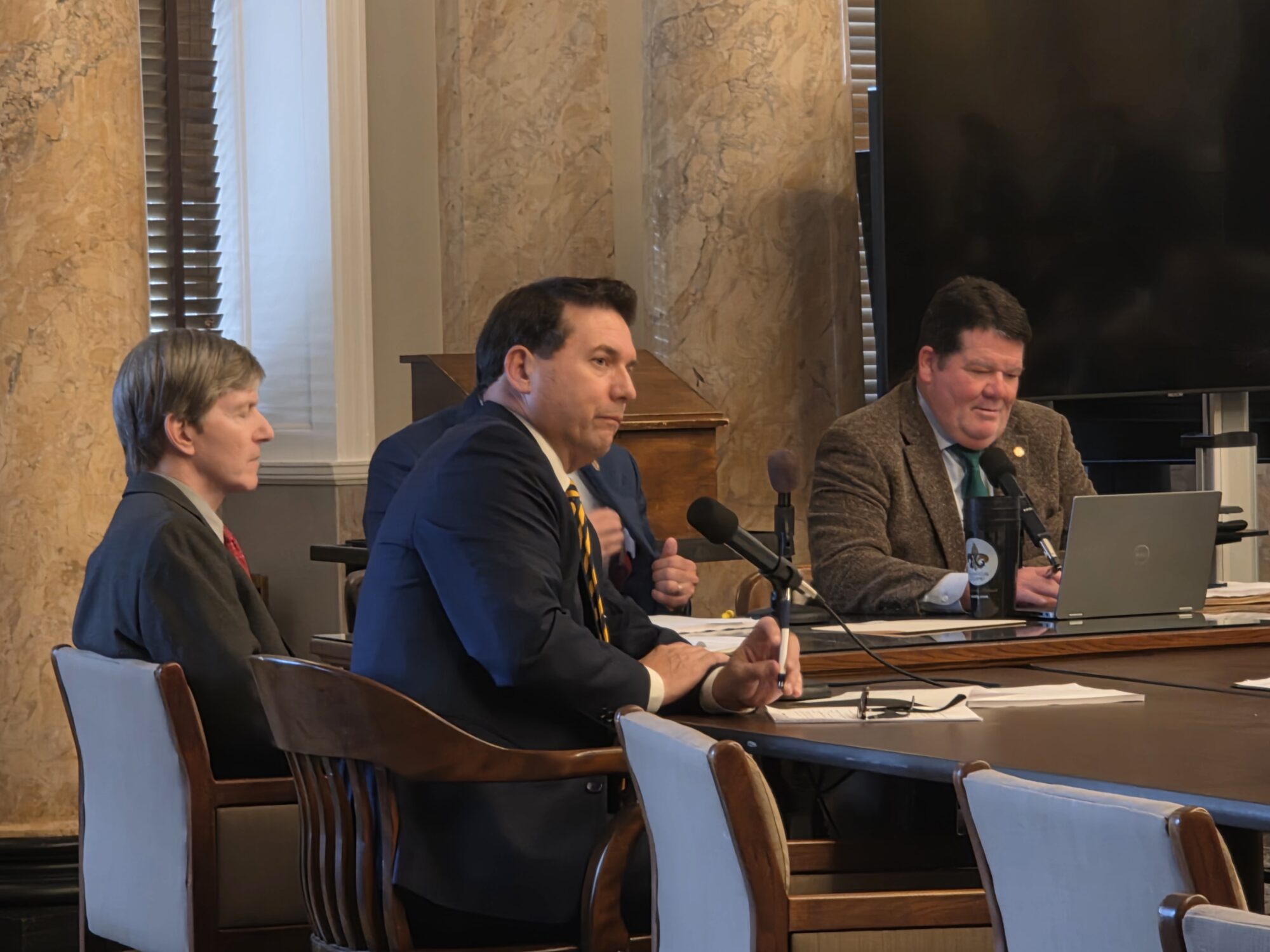
Sid Salter
- Mississippi is the state that receives the most federal assistance in providing the Medicaid program, writes columnist Sid Salter.
On March 11, The White House released a statement quoting President Donald Trump four times as saying that Medicaid, Medicare, and Social Security will not be cut by his administration.
At the same time as the denials of Trump’s intent to make cuts to those programs, Trump repeated that his administration would aggressively seek to eliminate “waste and fraud” from the programs and specifically referenced undocumented immigrants benefitting from the programs. The March 11 release identified “improper payments” emanating from Medicaid, Medicare, and Social Security over the last two decades that may exceed $3 trillion.
But the U.S. House budget resolution that House Speaker Mike Johnson led to passage by a razor-thin majority sets a framework for the House Energy and Commerce Committee – which oversees Medicaid – to cut $880 billion from federal spending over the next decade. The overall House budget requires $2 trillion in spending cuts over the same period.
Speaker Johnson said to Democratic critics after the 217-215 House vote that it represented a “starting point” for negotiations over the budget that “said nothing specific about Medicaid.”
But the Louisiana Republican said later: “Medicaid is hugely problematic because it has a lot of fraud, waste and abuse. Everybody knows that. We all know it intuitively. No one in here would disagree. What we’re talking about is rooting out the fraud, waste, and abuse. It doesn’t matter what party you’re in; you should be for that because it saves your money, and it preserves the programs so that it is available for the people who desperately need it.”
Mississippi is the state that receives the most federal assistance in providing the Medicaid program. The federal medical assistance percentage or FMAP in the state is 76.9 percent. FMAP is calculated by evaluating the average per capita income for each state relative to the national average. No state currently receives FMAP lower than 50 percent or higher than Mississippi’s 76.9 percent.
A March 7 analysis in Newsweek quoted Columbia University Mailman School of Public Heath scholar Michael Sparer as observing: “Unless individual states made up for the lost federal funding, millions of Americans would lose their insurance coverage. This impact would be felt particularly strongly in states such as Mississippi and Arkansas that can least afford to make up the difference.”
Across the country, Medicaid spending accounted for about 19 percent of all hospital care spending in the U.S. in FY2023. In Mississippi. About 24 percent of the total state population is covered by Medicaid or the Children’s Health Insurance Program or CHIP, bringing Mississippi’s Medicaid enrollee total to 642,716 in August 2024’s Mississippi Division of Medicaid’s last annual report.
Mississippi’s three Republican House members voted to adopt the House budget resolution. Second District U.S. Rep. Bennie Thompson, the Mississippi delegation’s lone Democrat, voted against it.
The Kaiser Family Foundation notes that in Mississippi, Medicaid covers one in seven adults aged 19-64, one-in-two children, three-in-four Nursing home residents, two-in seven Medicare beneficiaries, and three-in-eight working age adults with disabilities. KFF reports that 62 percent of Miss. adults on Medicaid are working, and that 64 percent of Miss. Medicaid recipients are people of color.
What would Medicaid cuts look like in Mississippi? Much of the political rhetoric nationally has focused on the likely outcome of reduced reimbursement rates, caps on per-enrollee funds states can draw down and a program of block grants for health care that is unlikely to meet the needs of the poorest people in the nation.
But whatever combination of Medicaid cuts are chosen, it will produce an across-the-board disturbance in the delivery of public health care in poor states with a low percentage of residents with private health insurance. That will impact hospitals, clinics, doctors and every link in the health care chain that is compensated through the existing Medicaid program.
Ironically, some of the deepest health care impacts may be felt in Mississippi, where Trump received some of his highest percentages of ballot-box support.







